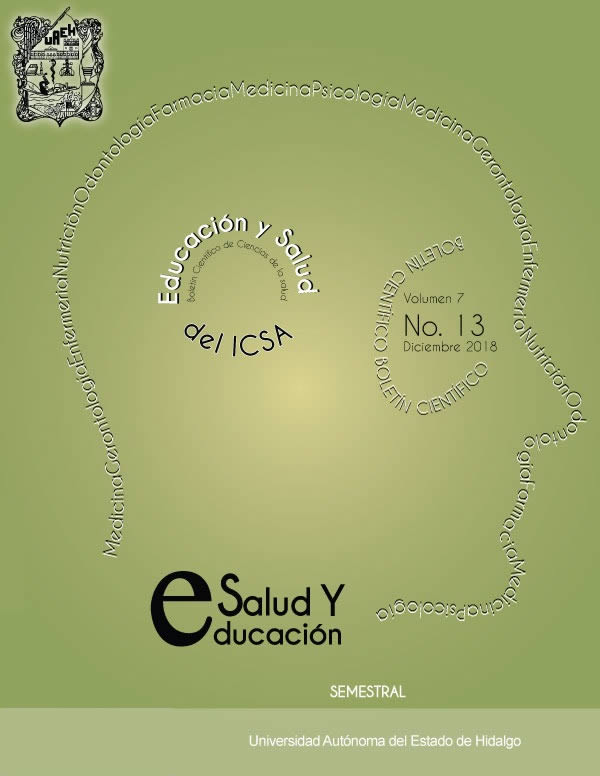Co-responsibility and Intercultural in Public Health
Abstract
The article emphasizes a new concept in the theoretical and application field of public health, this was generated seeking to appropriate both government and civil society in the pursuit of the common good understood as public health, the health of the Mexican population and that has application anywhere in the world. Aim. Promote the dissemination of the theory of co-responsibility and intercultural public health with educational strategies. Methodology. Systematic review and critical analysis that seeks to analyze the state of the art in terms of co-responsibility, education and multiculturalism. Results. The approach of vulnerable communities will serve to detect the real needs of these, as well as reflect the people who live and act according to their culture and conditions that justify an exercise of co-responsibility where the change of cultural influence in development is positively seen, as well as as an implementation of the theory of co-responsibility in public health. Conclusion. Public health co-responsibility represents today an opportunity for the boost that is required in health at the national level and a need for the incoming government in the country.












